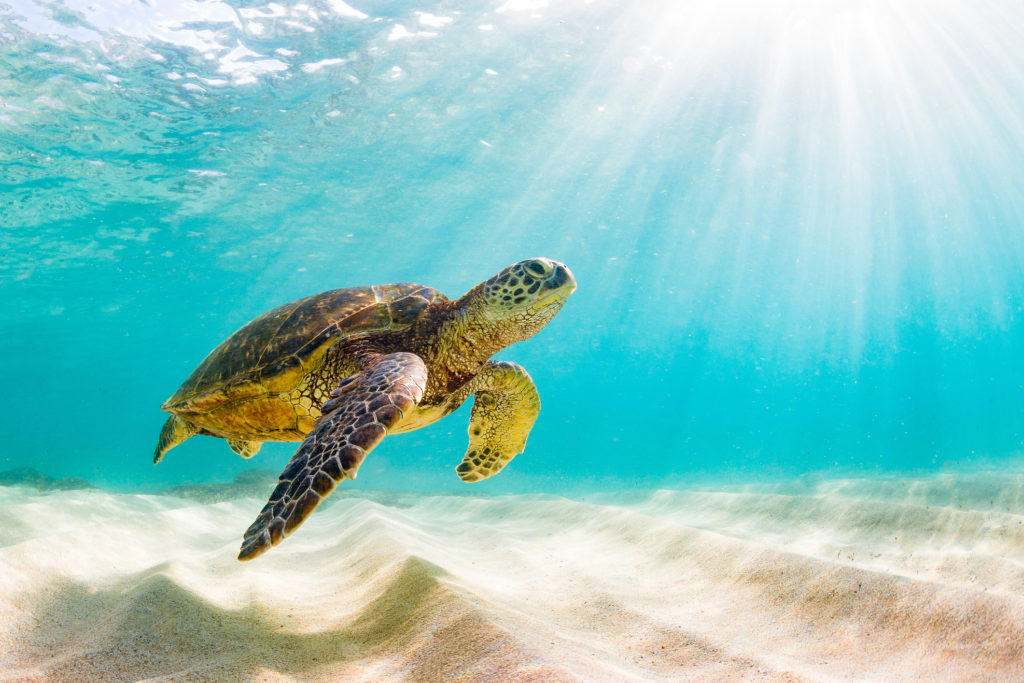
Plastic is everywhere in our lives such as our shampoo bottles, food containers, soda and water bottles, trash bags, and straws.
Americans tend to use a lot of plastic items only once, maybe twice, and then trash it. Sure, some of it can be recycled. But where does the rest of it go? A good portion of plastic items end up sitting in landfills, but a lot of plastic and other pollutants end up in the sea. According to Conservation International, 8 million metric tons of plastic gets dumped into our oceans annually, and the plastic pollution is estimated to outweigh all of the ocean’s fish by 2050. Enough trash and debris have already been dumped into the oceans for five giant garbage patches to form — the largest which is known as The Great Pacific Garbage Patch and is located off the coast of California. This huge chunk of floating garbage is twice (yes, twice) the size of Texas.
Plastics also further contaminate our oceans when it breaks down and releases harmful chemicals into the water, making the seas a dangerous environment for creatures to thrive in.
Just this pollutant alone has a huge impact on sea life. Many wonderful sea creatures accidentally consume plastics, thinking that it is food. According to a Greener State article, “One million seabirds and 100,000 marine mammals are killed annually from plastic in oceans.”
We can help you get started with several ways you can make a positive impact on the oceans and for the animals.
How you can help:
- Always bring a reusable water bottle instead of buying plastic ones
- Carry a reusable coffee mug to your favorite coffee shop or relax and drink your coffee in a café instead
- Use eco-friendly produce bags or find another plastic-free alternative when purchasing fruits and veggies
- Say no to plastic bags at grocery stores or drug stores and bring a reusable bag instead
- Ask for drinks without straws or bring your own reusable straw
- Avoid taking home leftovers in plastic containers and instead bring your own container
- Refuse grocery store items that come in plastic wrapping and containers (i.e. – bread loaves, cookies etc.). Bring containers or reusable bread bags to your local bakery or farmer’s market for unpackaged foods.
- Reduce your waste by carrying reusable utensils instead of picking up disposable plasticware
Do your part to help keep the oceans clean, because if not we will spend our summers swimming through trash, and no one wants that.
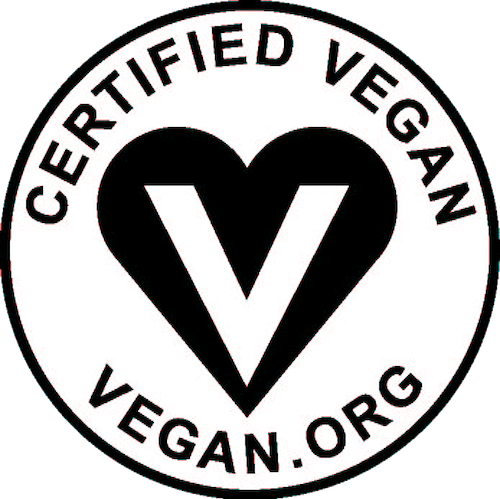
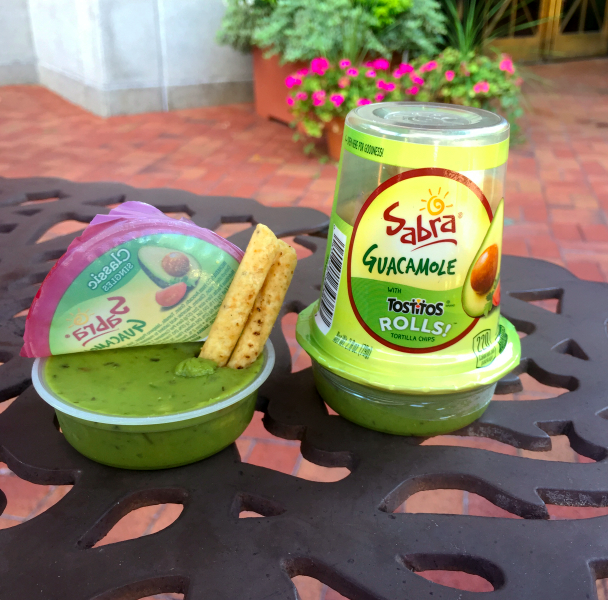


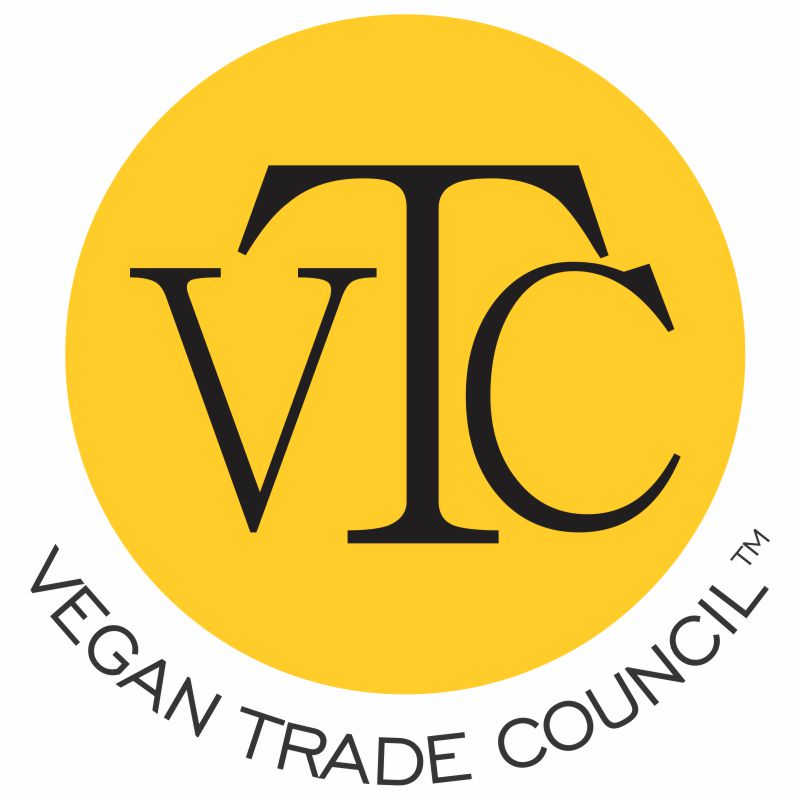
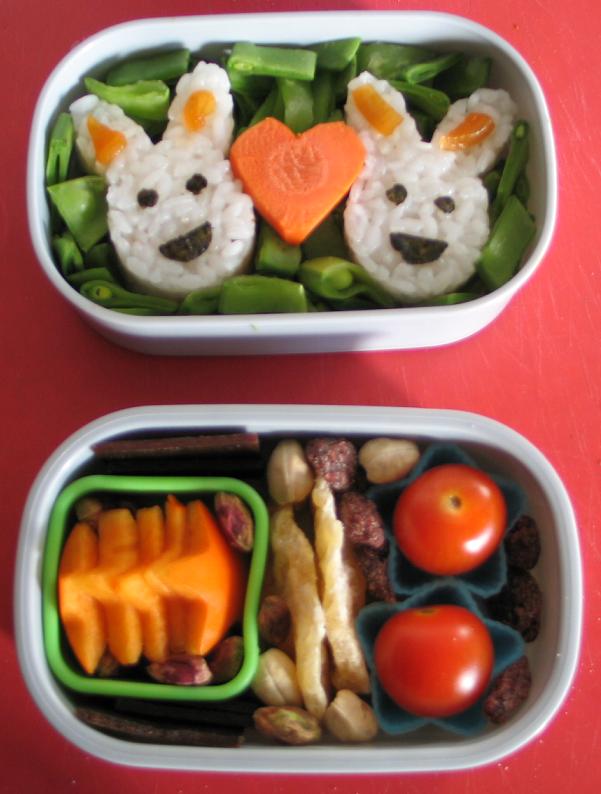
About The Author: Vegan Action
More posts by Vegan Action